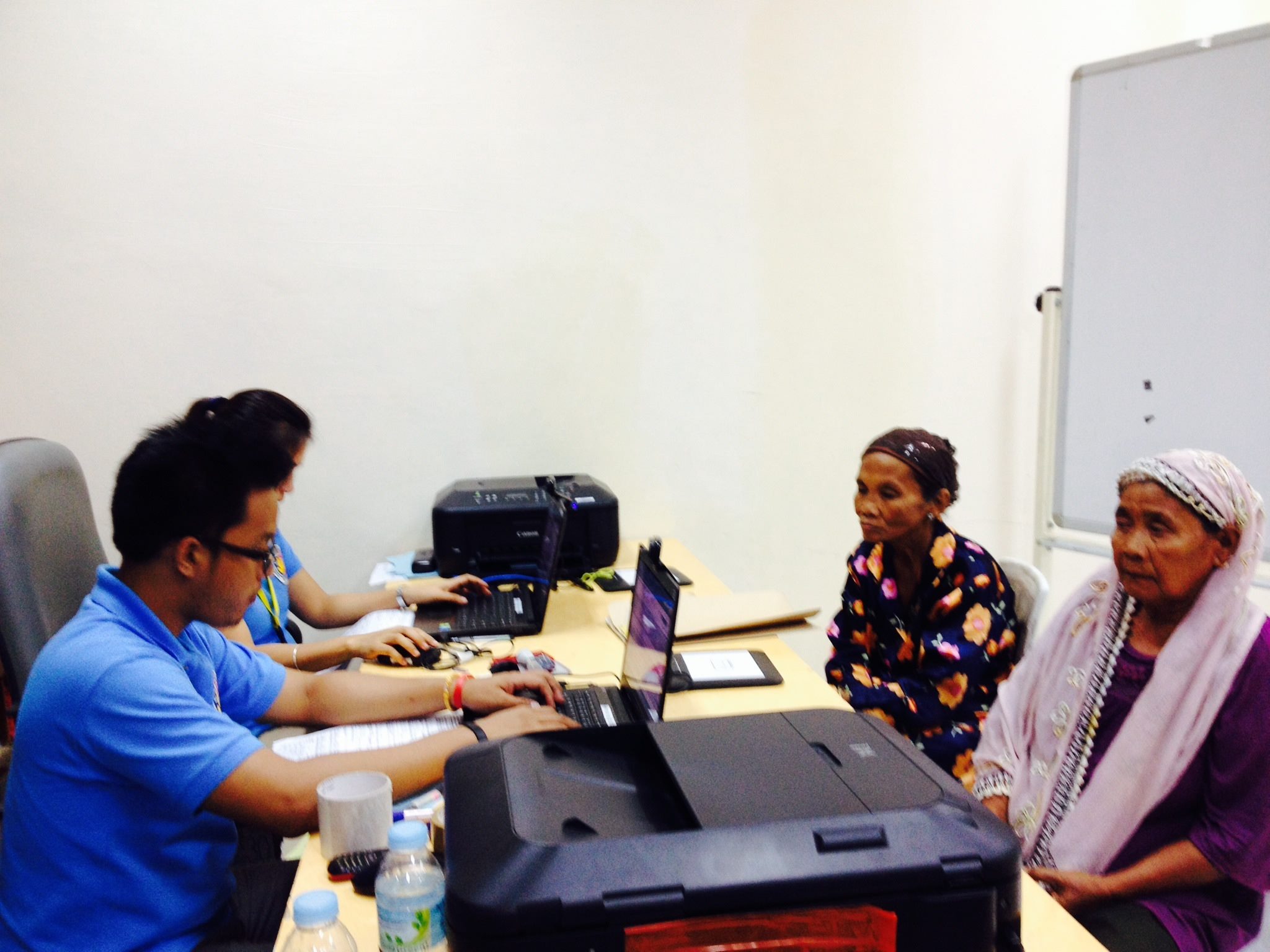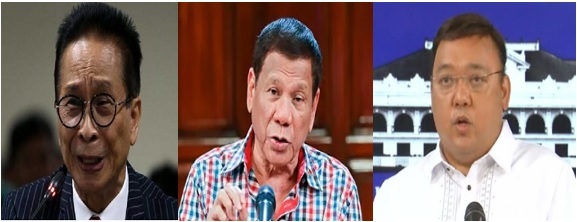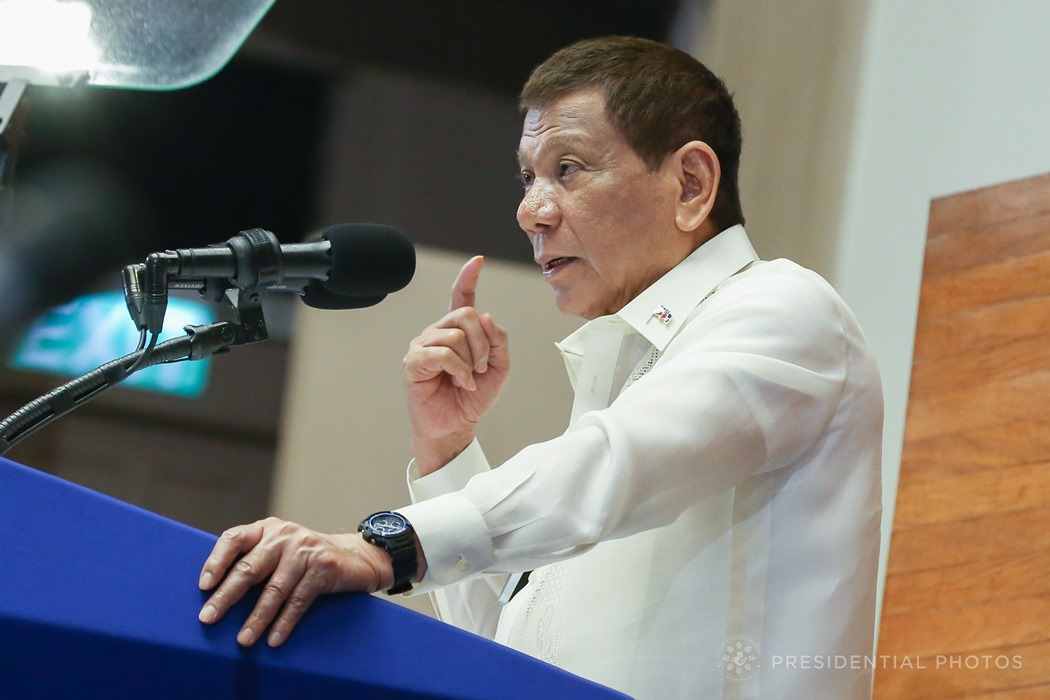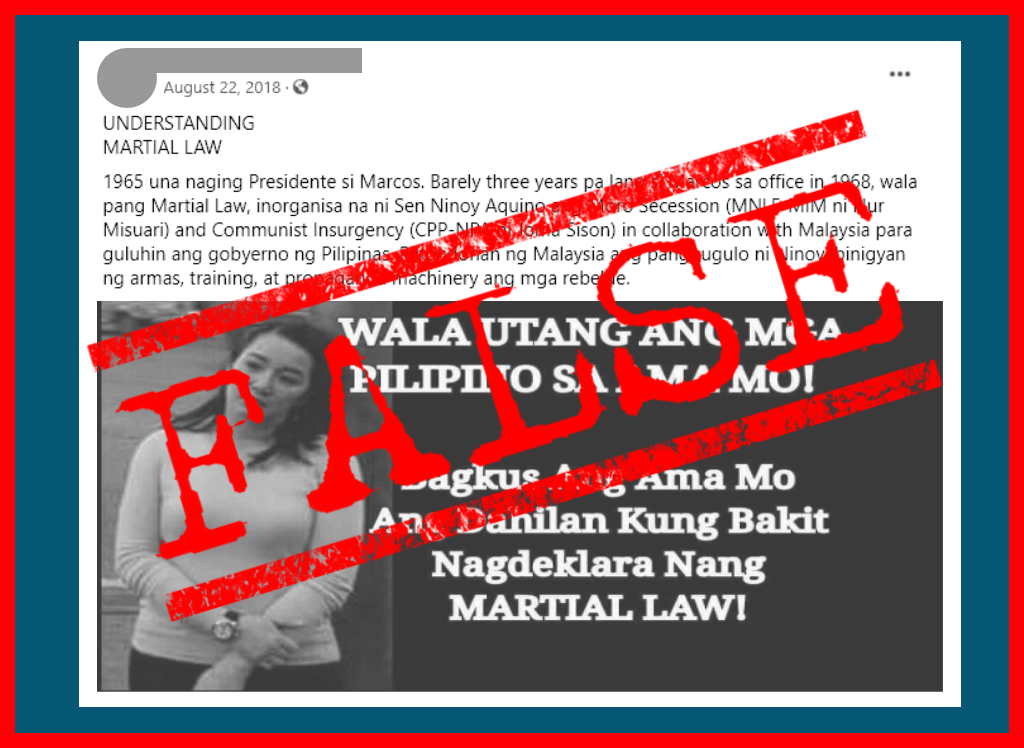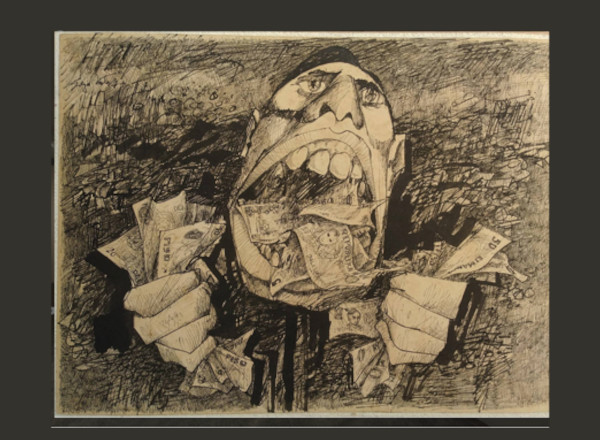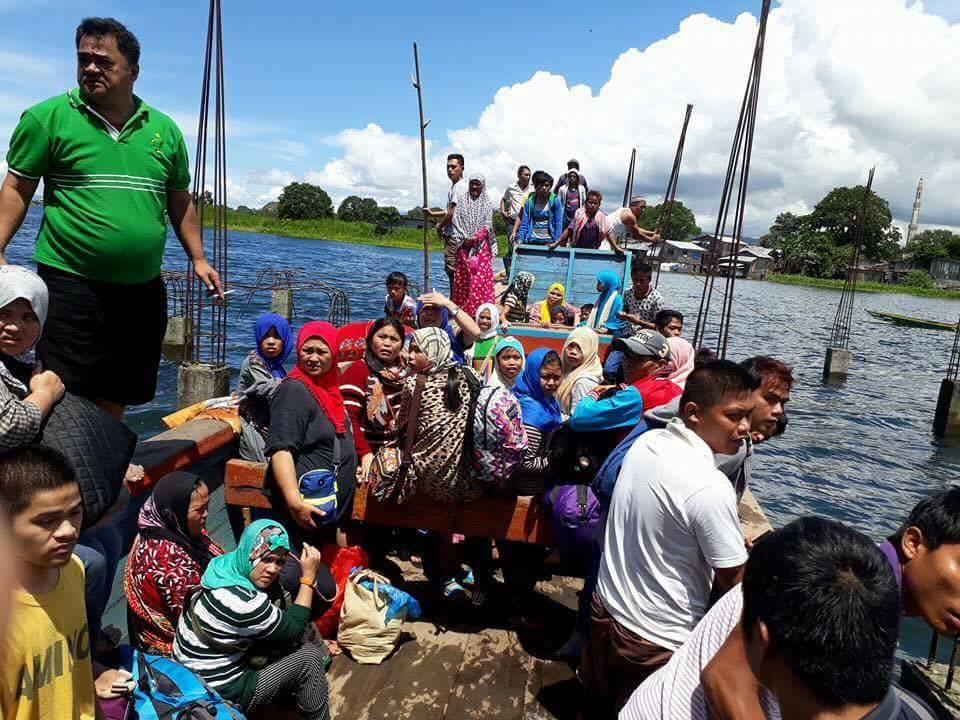
Residents of Marawi City evacuate after the series of firefight between government forces and terrorist groups. (Photo from Facebook page of DSWD Secretary Judy Taguiwalo)
(UPDATE: As of 4:55 p.m. of May 24, President Rodrigo Duterte said he is suspending the privilege of the writ of habeas corpus in Mindanao and may also declare martial law in the Visayas “because it is just a walking distance actually, and because of the many islands, the terrorists may escape there and begin another terroristic activity.”)
President Rodrigo Duterte declared martial law in the entire island of Mindanao 10 p.m. Tuesday after extremist group ISIS sympathizer Dawlah Islamiya Philippines, more commonly known as “Maute group,” clashed with government forces in Marawi City.
Duterte, in an exclusive video interview with Presidential Communications Operations Office Assistant Secretary Mocha Uson on board the presidential plane in Moscow, Russia, said this will be no different from martial law under former president Ferdinand Marcos’ regime.
There is no written and signed proclamation of martial law by the president as of posting time. In separate news releases, Senate President Aquilino Pimentel III and House Speaker Pantaleon Alvarez said Congress has yet to receive a formal report on the declaration pending the president’s arrival.
STATEMENT
“But let me just tell everybody that I have declared martial law for Mindanao. How long, well, how.. it would take a year to do, then, we’ll do it. If it’s over within a month, I’d be happy. Pero (But) ang martial law is martial law ah. So kayong mga kababayan ko (So you, my countrymen), you have experienced martial law. It could not be any different from what the President Marcos did. I’d be.. I’d be harsh. I was asked one time during the campaign doon sa (in) La Salle, I was asked how I would deal with terrorism, I said I will be harsh. Sinabi ko nga sa lahat eh (I already told everyone), do not force my hand into it. I have to do it to preserve the Republic of the Philippines and the Filipino people.”
Source: PCOO Assistant Secretary Mocha Uson’s interview with President Duterte, watch from 0:37 to 1:17)
FACT SHEET
What is martial law?
According to Fr. Joaquin G. Bernas, a member of the 1987 Constitutional Commission, martial law is essentially police power borne out of public safety as the main concern.
Normally, police power is a function of the legislature executed by the civilian executive arm, but under martial law, police power is exercised by the executive with the aid of the military.
In Duncan v. Kahanamoku (1946), the United States Supreme Court said martial law authorizes “the military to act vigorously for the maintenance of an orderly civil government and for the defense of the island against actual or threatened rebellion or invasion.”
Can the President declare martial law under the 1987 Constitution?
Yes.
According to Article VII, Section 18 of the 1987 Constitution, in case of invasion or rebellion, when public safety requires it, the president may place the Philippines or any part of it under martial law. He may also suspend the writ of habeas corpus for the same reasons.
The existing Constitution has removed insurrection and imminent danger of invasion, insurrection or rebellion as grounds for the suspension, which were present in the 1935 Constitution that formed basis of Marcos’ martial law proclamation.
What is the writ of habeas corpus? What is the privilege of the writ of habeas corpus?
The Latin phrase “habeas corpus” literally means “(one) shall have the body (in court.)”
When the Supreme Court issues the writ, it commands an individual to produce the body of a prisoner at a designated time and place, with the day and cause of his detention.
The privilege of the writ, meanwhile, is the right to determine immediately the legality of one’s deprivation of liberty. The writ is never suspended, but the privilege is.
What does the suspension of the privilege of the writ entail?
With the privilege of the writ suspended, warrantless arrests are allowed.
Does martial law automatically merit the suspension of the privilege of the writ of habeas corpus?
No. According to the 1987 Constitution, a state of martial law does not automatically suspend the privilege of the writ. More importantly, it does not suspend the operation of the Constitution, supplant civilian courts and authorize the military to exercise jurisdiction over civilians.
To whom does the suspension of the writ apply?
“Only to persons judicially charged for rebellion or offenses inherent in or directly connected with invasion.”
Any person arrested or detained must be judicially charged within three days, otherwise he or she shall be automatically released.
Delay in the delivery of detained persons to proper judicial authorities consists constitutes arbitrary detention and is punishable under the Revised Penal Code.
What is the legal process of declaring martial law?
Upon determining the factual basis of declaring martial law, the president is required by the Constitution to submit a report to Congress within 48 hours from the proclamation of martial law or the suspension of the privilege of the writ of habeas corpus.
The 48-hour period ends at 10 p.m. on May 25.
Voting jointly, Congress by a majority vote may revoke the proclamation or suspension. If not in session, Congress shall convene within 24 hours after the proclamation or suspension without need of call.
How long can the president declare martial law?
Not for more than 60 days, unless extended by Congress upon the initiative of the president and only if “the invasion or rebellion shall persist and public safety requires it.”
Does the scope of the execution of martial law vary?
Yes. Since martial law is a “flexible concept,” the degree and kind of vigorous executive action needed to meet the varying degrees of emergency could not be identical under all conditions.
For instance, the necessities created by a state of invasion would be different from those created by rebellion.
As defined in Article 134 of the Revised Penal Code and amended by Republic Act No. 6968, the crime of rebellion or insurrection is committed by rising publicly and taking arms against the government.
Is the president’s proclamation of martial law subject to judicial review?
Yes.
The Supreme Court may review the sufficiency of the factual basis of the proclamation or suspension to determine grave abuse of discretion. Any citizen may file appropriate proceedings to question the proclamation. The high court should decide within 30 days of filing.
BACKSTORY
In 2009, then president Gloria Macapagal Arroyo declared martial law in Maguindanao following the massacre of 58 people, including 32 media practitioners in Ampatuan town.
Arroyo signed Proclamation No. 1959, s. 2009 which reads “heavily armed groups in the province of Maguindanao have established positions to resist government troops, thereby depriving the Executive of its powers and prerogatives to enforce the laws of the land and to maintain public order and safety.”
In 2003, Arroyo declared a state of rebellion and called out on the armed forces to suppress and quell the rebellion of some of its “misguided elements.” Three years later, she declared a state of national emergency on the basis of a conspiracy or “tactical alliance” between the military and the Philippine Left allegedly to bring down the government.
Sources:
Act No. 3815, s. 1930 or the Revised Penal Code
Bernas, Joaquin, G. (2011). The 1987 Philippine Constitution: A Comprehensive Reviewer
Proclamation No. 1959, s. 2009

